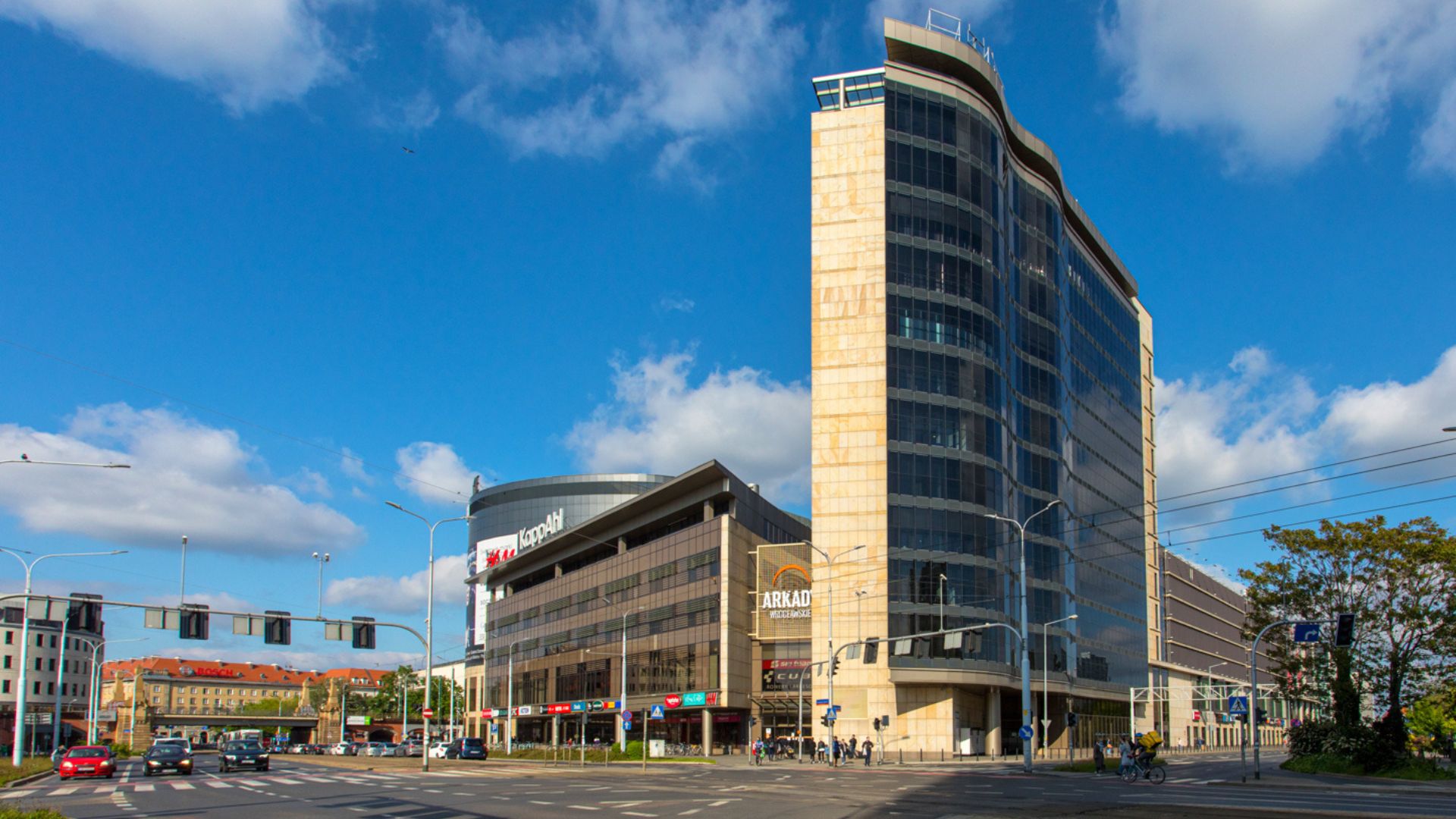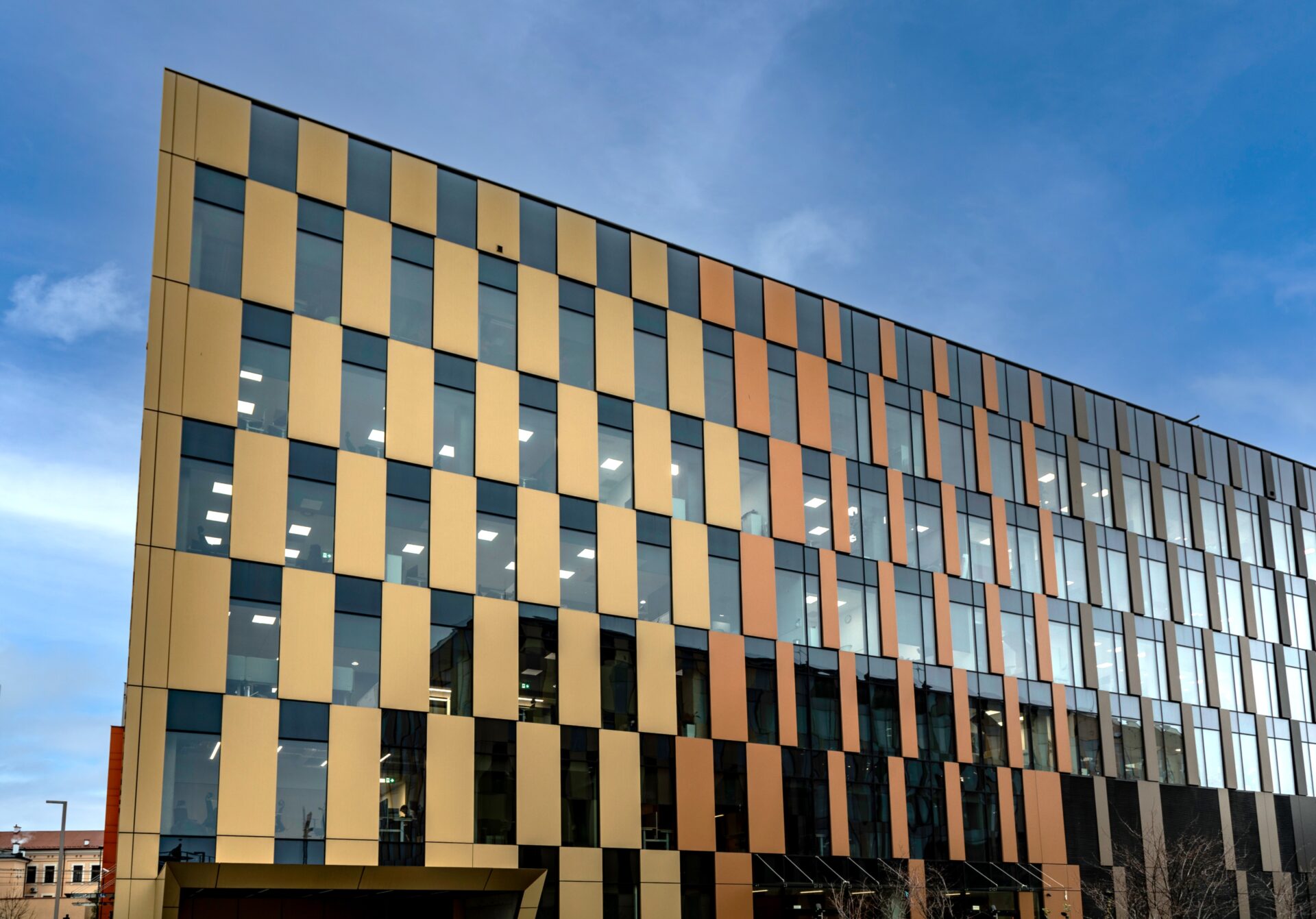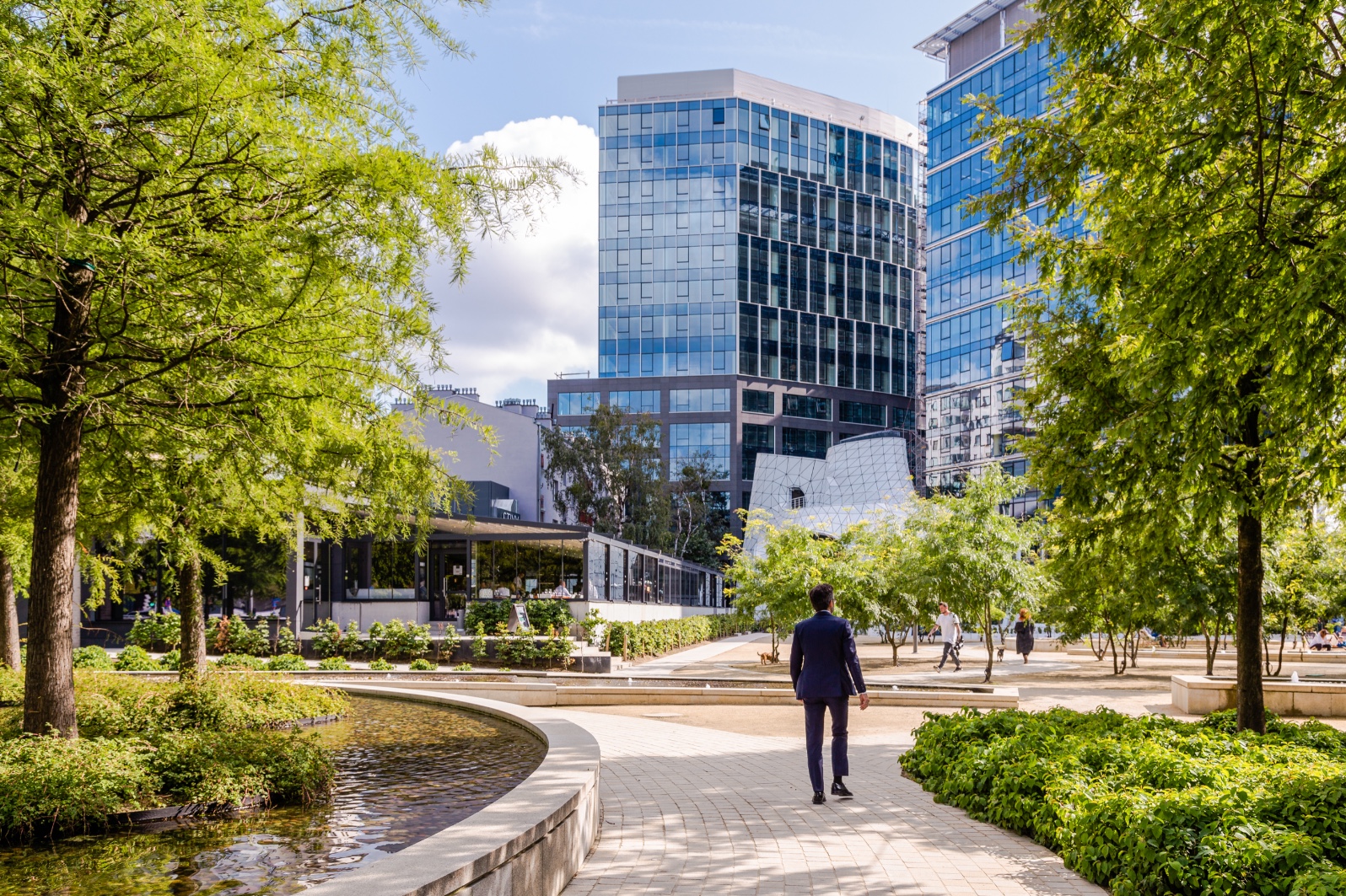Panellists taking part in EuropaProperty’s latest online investment discussion panel agreed that the likely rebound from the coronavirus (Covid-19) outbreak will be sharp and are readying themselves to take full advantage when the markets return to some semblance of normality.
“At the moment we are all working from home trying to cover a pan-European business of different assets – we are dealing with a multitude of problems,” commented Matthew Lunt at Tristan Capital Partners. “However, we are still open for business from an investment perspective. We are well funded and continue to raise money for our funds. We are still visible. Most of the difficulties are coming from retailers, and various legal issues. We must make sure we are in the best shape possible for when the lights come back on.”
Peter Szamely from Hypo NOE Bank, added, “This crisis is causing all sorts of problems. Most banks are inward looking at the moment. Our main focus is dealing with existing client relationships; we don’t want to lose anyone. For example, hotel development in Poland is tricky. We are discussing with the client how to move forward and cope with this situation. In the retail and hospitality sectors everyone is very nervous. Offices I would say are less affected. We are trying to postpone some decisions. We are focusing more on existing troubles.”
Ghelamco’s Jeroen van der Toolen said: “In our current phase of office development we don’t have a lot of free-standing space and any new tenants moving in are on rent free periods, so this is not a huge problem for us. Our main problem is dealing with the authorities. However, in our smaller retail projects around Warsaw we are in discussion with some of the tenants to give them some rent rebates, for example, where they may pay higher rents in 2021 or extend their lease agreements.”
Robert Dobrzycki from Panattoni Europe, continued, “We are not in such trouble as some of the other sectors. Changes are happening quickly. We have seen huge demand from e-commerce and food retailers who are having trouble keeping up with the demand and the volume. Clients like Amazon, for example, are not stopping, they trying to make sure they can deliver and keep up with demand. However, on the other-hand, you have service providers for restaurants and hotels and everything here is frozen at the moment. Everything is going online. From our side this is great. However, we have to find ways to keep up with this demand and provide the space.”
On the immediate impact to the investment sector all panellists agreed that the investment market has come to a complete halt. “On the investment side all due diligence has been put on hold. We don’t know the outcomes for this year,” commented Jeroen van der Toolen. “There is big uncertainty on the investment market – it’s hard to get things done. We do not have big hopes on that side so we try to manage the client side,” added Robert Dobrzycki.
Matthew Lunt, continued, “Each asset class will be affected differently. Prices of product are based on the needs of the seller essentially. I’d say residential has the greater resilience to recession than other asset classes. Every sector has its benefits you just need to watch the pricing and factor in the risk adjustment return. However, there are huge problems for shopping centre owners at the moment. Revenues to keep the malls running have been affected immensely. There will be big problems going forward if things don’t improve.”
Commenting how the crisis has affected development sites and how to keep things working, Jeroen van der Toolen, said, “At the beginning 1/3 of our construction crew didn’t show up from the subcontractors. They sent us a letter to say they are not working. However, we sent them a legal letter saying that there is no situation of force majeure at the moment so they were obliged to come back to the construction sites. At the moment we have 80 percent of people on the construction sites. We don’t have problems with supply lines maybe with the exceptions with products coming for China. We have all the health and safety procedures on the construction sites.”
Dobrzycki added: “All our construction sites are ongoing – this is not the biggest problems we face. Construction is going on – 90 percent of the teams in place, there’s just more health and safety in place.”
Commenting on pricing over the next 6-12 months, Jeroen van der Toolen said “You cannot say the whole market will go down because it will all depend on the current situation of the owners – there are some opportunities coming as some people will be running into liquidity problems. Not a lot of distressed sales this time. There will be less construction starting now which is good news for new buildings and projects in the development pipeline because today the banks will be more hesitant to finance everybody. Hopefully construction costs will go down.”
“There will be a construction price correction,” Robert Dobrzycki continued. “We are not planning to stop construction; however, we will not be building any speculative developments. But if we have a good client in a secure sector and they want to go ahead with a project we will develop for them – Amazon and food retailers are good examples of this – they are under pressure to have new buildings and increase their capacities.”
On the likely hood of a full recession post crisis, Peter Szamely commented, “Every country will suffer; Poland will be less affected, considering the size of the country. The governments are acting much quicker than in the previous crisis so that could mean a quicker recovery. No one can tell how quick this will be at the moment. I have some feedback from China and the economy picked up there fairly quick, I’d expect the same in Poland.”
Jeroen van der Toolen said, “Looking at Poland, the death rate is relatively low compared to other European countries. The government in Poland took very quick measures. Hopefully we can come back stronger as a result, in the long-term we don’t know. We should look at some of the Asian countries as an example, their lockdown methods are proving very effective.”
Robert Dobrzycki said, “This situation will not last forever – maybe 3, 6 or 9 months. We believe that after the crisis there will be a rush for new development and investment. The rebound will be very sharp – the question is when? Hopefully, when the market returns, we will be in the perfect position to take advantage.”
Matthew Lunt concluded, “The recovery will be quick if the crisis is not long. I believe that the rebound will come at the end of this year. 2021 will be a good year again. However, retail will be under serious pressure and there will be an asset reshuffle.”







